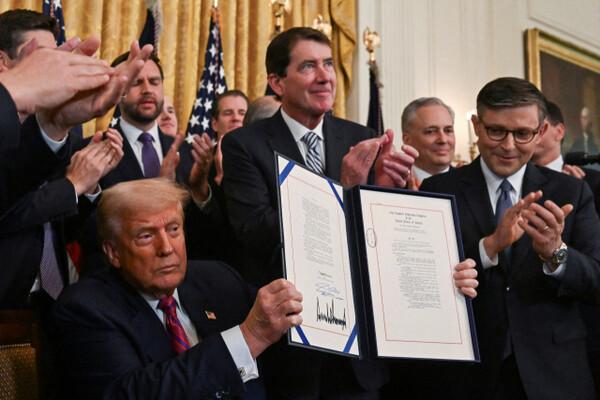Gemini co-founder Tyler Winklevoss accused JPMorgan and other major banks of attempting to hinder financial innovation by targeting consumer rights related to data access.
In a post on X on June 19, Winklevoss warned that Wall Street institutions are actively moving to dismantle the Consumer Financial Protection Bureau's (CFPB) "Open Banking Rule".
JPMorgan Accused of Obstructing Open Banking and Crypto Access
The Open Banking Rule, derived from Section 1033 of the Consumer Financial Protection Act, authorizes consumers to access and share financial data through third-party apps like Plaid.
However, some large banks are known to be challenging this rule in court.
Winklevoss believes this legal battle is more than just a regulatory dispute. He likened it to an attack on consumer choice and cryptocurrency development.
"This will bankrupt fintech that helps connect Gemini, Coinbase, Kraken to bank accounts to easily fund accounts to buy Bitcoin and cryptocurrencies," Winklevoss said.
He also argued that JPMorgan's moves weaken President Donald Trump's broader goal of making the US a global leader in cryptocurrency and financial innovation.
"Jamie Dimon and his colleagues are trying to undermine President Trump's directive to make the US crypto-friendly and the capital of cryptocurrency. We must fight back!" the Gemini co-founder added.
Notably, Winklevoss's concerns have drawn attention among cryptocurrency stakeholders. Pro-crypto legislator US Senator Cynthia Lummis reposted his statement, showing political support.
Meanwhile, Kraken's co-CEO Arjun Sethi previously expressed similar concerns, warning that JPMorgan's proposed fees for data access represent a strategic power grab rather than a technical upgrade.
"This is not technological innovation. This is a toll. When data becomes a revenue stream for infrastructure providers, there's an incentive to partition, lock, and sell it for margin. This fundamentally limits what can be built on top of it," Sethi emphasized.
Cryptocurrency: A Solution?
Sethi contrasted JPMorgan's approach with cryptocurrency networks in his post, saying it overturns the current architecture.
Instead of a closed system, public ledgers provide permissionless access, encrypted identities, and open, composable code. Smart contracts execute transparently and equally across networks, making data accessible to all participants.
"Access is not a business development negotiation. It's an attribute of the system itself. Smart contracts execute logic predictably for all users. Data exists on a ledger equally available to all participants. Protocols can be composed together without friction or mediation. Developers don't need to request access, and users don't need to trust intermediaries to store or disclose their information," Sethi said.
Nevertheless, Sethi warned that cryptocurrencies must remain true to their founding spirit. According to him, if this space replicates the same centralized power structures it seeks to disrupt, its transformative promise could disappear.
Considering this, he urged the industry to ensure regulatory progress does not reflect the same limitations they are trying to escape.
"We should not optimize for defensibility through restrictions. We must leverage our position and profitability to build better access, more open architectures, more composable systems. This means investing not just in platforms but in protocols. This means participating in shared infrastructure, not simply extracting value from it," the Kraken CEO said.




